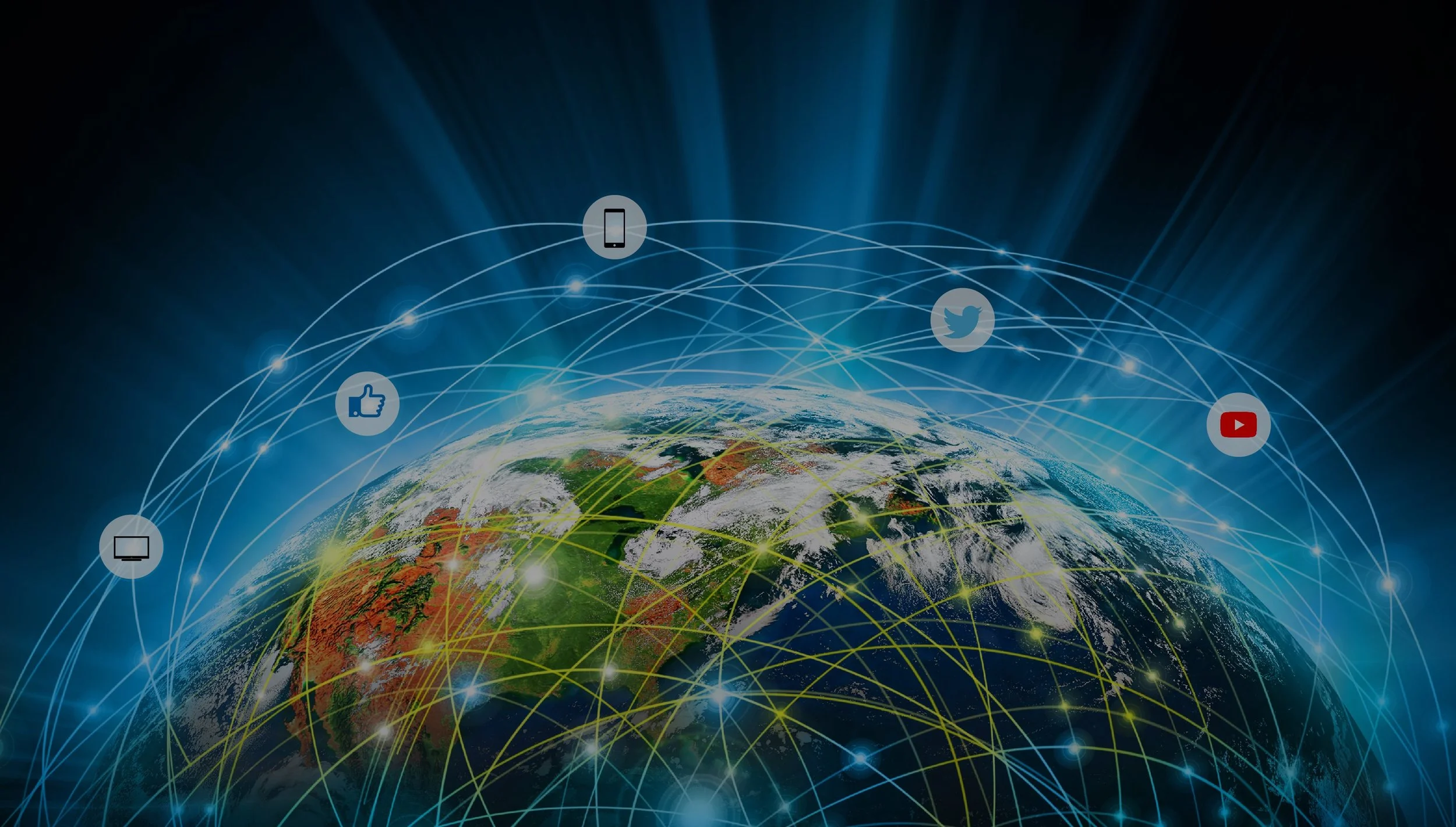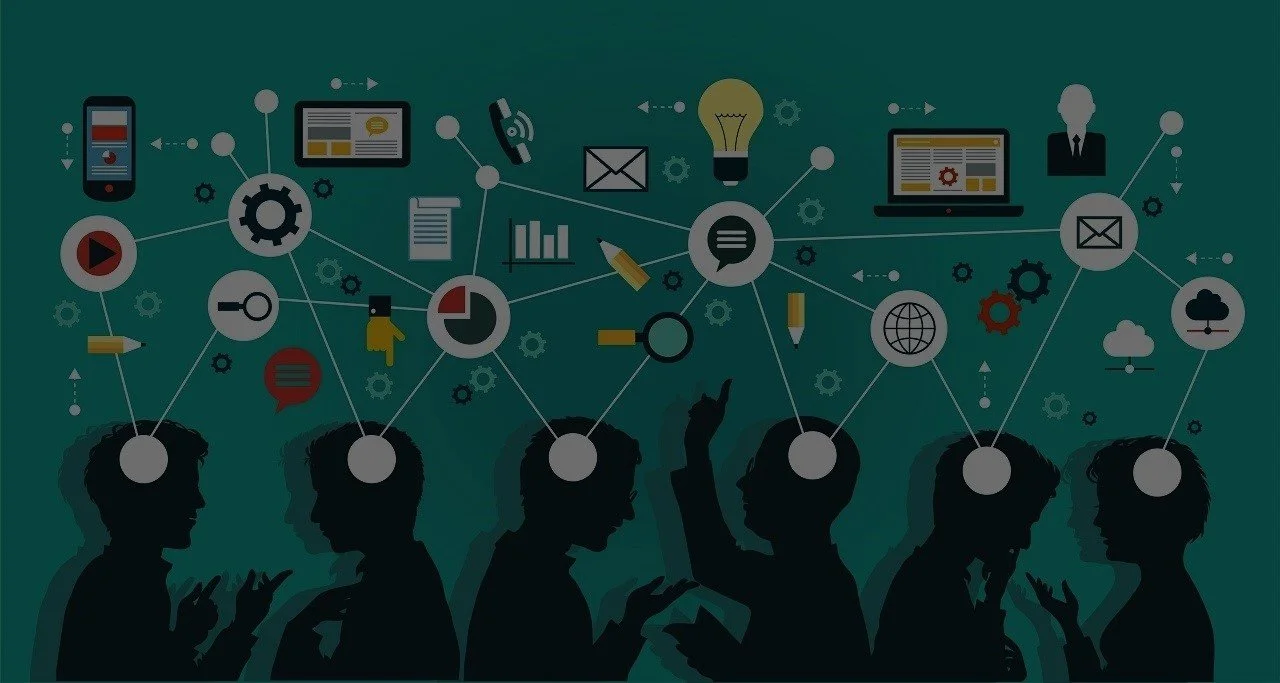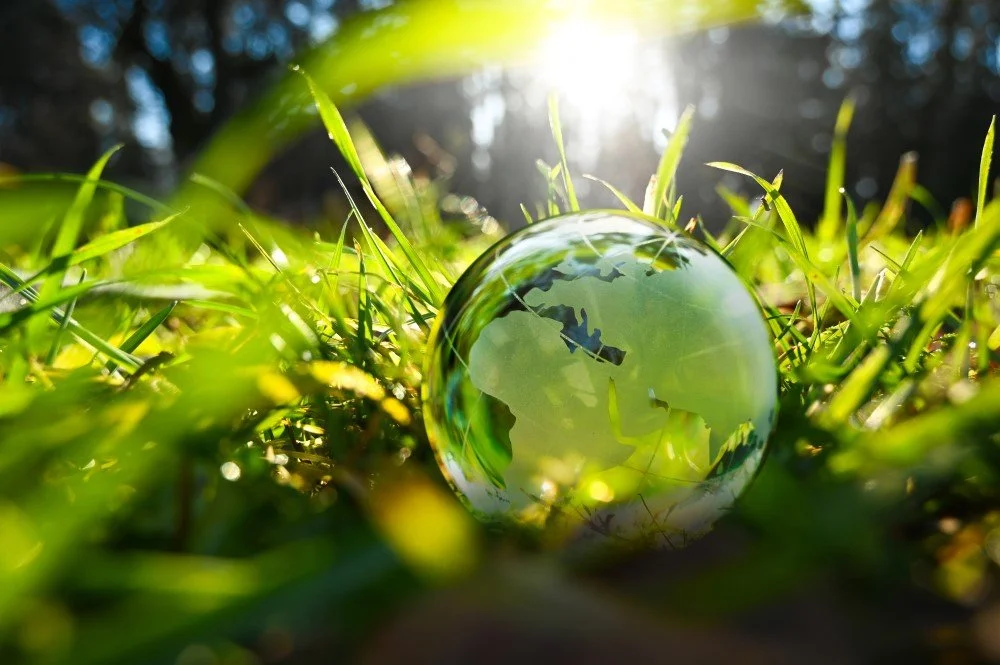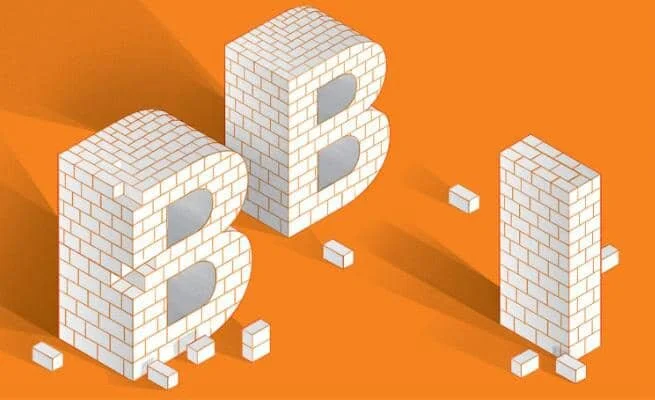The DAC defines official development assistance (ODA) as “government aid that promotes and specifically targets the economic development and welfare of developing countries.” Understanding of this definition has changed over time, recognising, for example, the emergence of “non-DAC providers or philanthropic foundations, the diversification of financial instruments for development, or the increasing overlap of development cooperation policy objectives with those of other sectors such as migration and security.”
PRINCIPLES ON RELEVANT|EFFECTIVE SUPPORT TO MEDIA AND THE INFORMATION ENVIRONMENT
A well-functioning independent media system is critical to sustainable social and economic development, and a bulwark of peaceful, economically prosperous societies. Greater citizen engagement, stronger accountability and lower corruption are all attributable to the presence of professional news media. A vibrant news sector is also fundamental as the first line of defence against democratic backsliding and autocratisation, whose first step is often to undermine media freedom and financial viability. Credible news media provide sunlight on critical social, economic and political issues to ensure a well-informed civil society and accountability of industry and private interests
SHIFTING FUNDING PRACTICES
Build and Share Power: Non-profits and movement leaders have traditionally not been present in rooms where governments and corporations make big structural decisions. This is especially true for black-, indigenous-, and people of color-led organisations, as well as those led by women, young people, and people with disabilities. Funders can help re-balance these inequities. They can achieve this by sharing power with and building power for the social sector, giving more resources directly at the local level to organisations with local leadership and local ownership, and making more robust investments in organizations led by proximate leaders of color. More inclusive decision-making structures and spaces need to be designed.
PACT FOR THE FUTURE |PART TWO
We commit to achieving a world in which humanity lives in harmony with nature, to conserving and sustainably using our planet’s marine and terrestrial resources, including through sustainable lifestyles, and sustainable consumption and production, to reversing the trends of environmental degradation, to promoting resilience, to reducing disaster risk, and to halting ecosystem degradation and biodiversity loss. We will conserve and sustainably use oceans and seas, freshwater resources, as well as forests, mountains and dry lands and protect biodiversity, ecosystems and wildlife.
The Building Bridges Initiative(BBI) | Is There Anything New For Kenyan Youth?
The theme of inclusivity as a justification of the BBI process featured some of the concerns of the young people in Kenya through selected representatives. Inadequate job opportunities, stringent barriers to entry into employment, and business, among others, are some of the issues raised as the causes of the widening gap of exclusion of the younger generation. On the other hand, the theme of shared prosperity suggested that the most pressing hindrance to intra-generational equity in Kenya is the lack of capacity to generate sufficient jobs and employment for the youth






